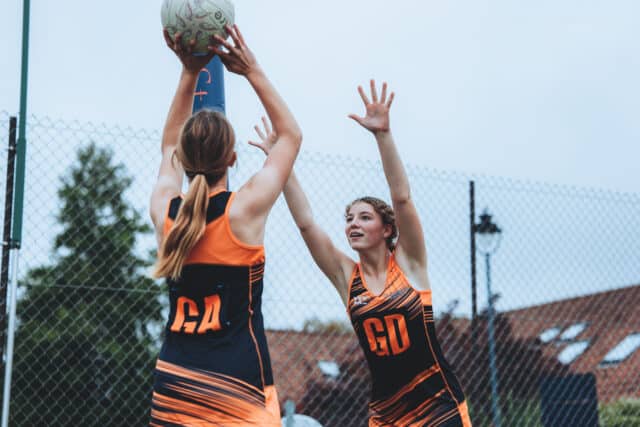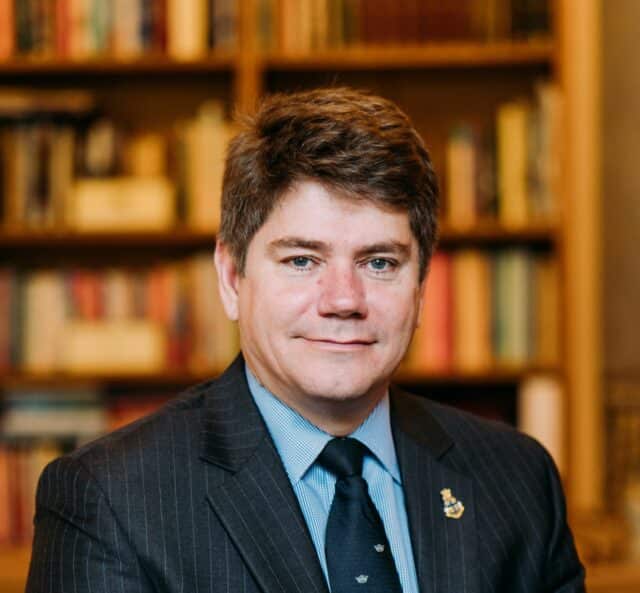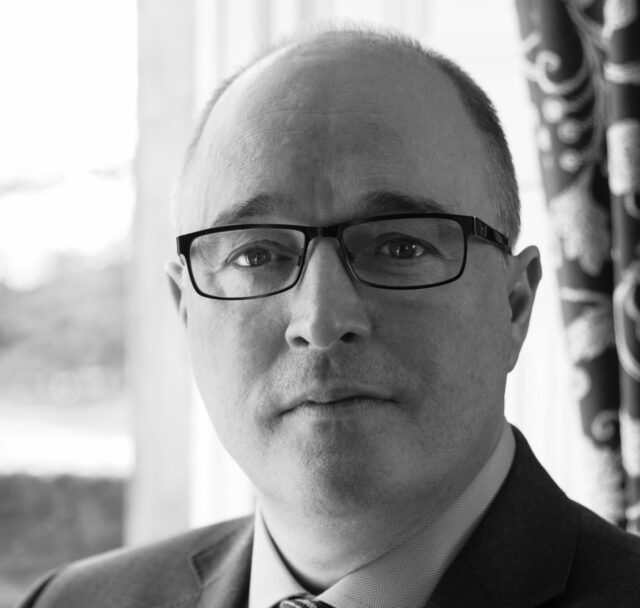Blog
Positive Education: The Gold Standard of School Mental Health
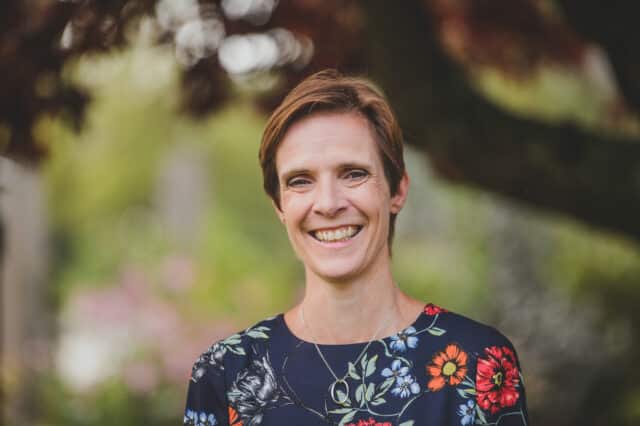
Jane Gandee
Headmistress, St Swithun's School
Read the blog
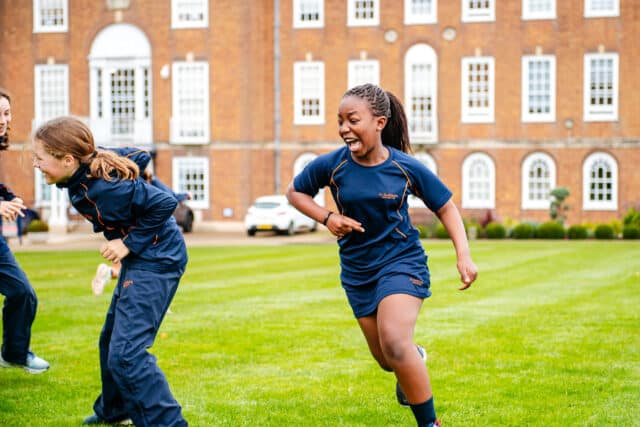 Earlier this year, we were delighted to receive the School Mental Health Award – gold standard – from the Carnegie Centre of Excellence for Mental Health in Schools. This achievement has been a long time in the making, beginning back in 2016 when several of us at St Swithun’s read Positive Education: the Geelong Grammar School Journey and were motivated by their experience to create our own strengths-based Positive Education programme. We decided that rather than look for our students’ weaknesses with a view to correcting them, as many programmes had done in the past, our programme would help students to identify and harness their character strengths. For example, they learn how to deal with negative emotions, how to nurture positive relationships and how to develop a sense of positive purpose. All students in Y7-Y11 follow the programme beginning with weekly lessons across two terms in Y7. We have also developed a parental programme, now in its 3rd year, in an attempt to embed the skills effectively and efficiently.
Earlier this year, we were delighted to receive the School Mental Health Award – gold standard – from the Carnegie Centre of Excellence for Mental Health in Schools. This achievement has been a long time in the making, beginning back in 2016 when several of us at St Swithun’s read Positive Education: the Geelong Grammar School Journey and were motivated by their experience to create our own strengths-based Positive Education programme. We decided that rather than look for our students’ weaknesses with a view to correcting them, as many programmes had done in the past, our programme would help students to identify and harness their character strengths. For example, they learn how to deal with negative emotions, how to nurture positive relationships and how to develop a sense of positive purpose. All students in Y7-Y11 follow the programme beginning with weekly lessons across two terms in Y7. We have also developed a parental programme, now in its 3rd year, in an attempt to embed the skills effectively and efficiently. Positive Education is the central pillar of our pro-active wellbeing programme, complemented by other initiatives that are narrower in scope, but that reinforce its core principles. It’s undeniably been a challenge to review and reinforce these core principles in such a way that students don’t become tired of hearing the words ‘positive education’.
Positive Education is the central pillar of our pro-active wellbeing programme, complemented by other initiatives that are narrower in scope, but that reinforce its core principles. It’s undeniably been a challenge to review and reinforce these core principles in such a way that students don’t become tired of hearing the words ‘positive education’.
The Girls on Board programme, for example, builds on the Positive Education work on developing positive relationships. It helps girls to understand and navigate the challenges of teenage friendships for themselves without their first recourse being teachers or parents. Similarly, we encourage students and parents to access The Wellbeing Hub through both our PSHE programme and with weekly messages to parents spotlighting resources.
Beyond the classroom, we have seen that our students benefit from contact with a range of age groups – enjoying and learning from these relationships. These friendships occur naturally within boarding houses, but we wanted to ensure that day students were also included so we created our ‘families’ system. These are mixed-age groupings, led by members of the sixth form, who meet regularly.
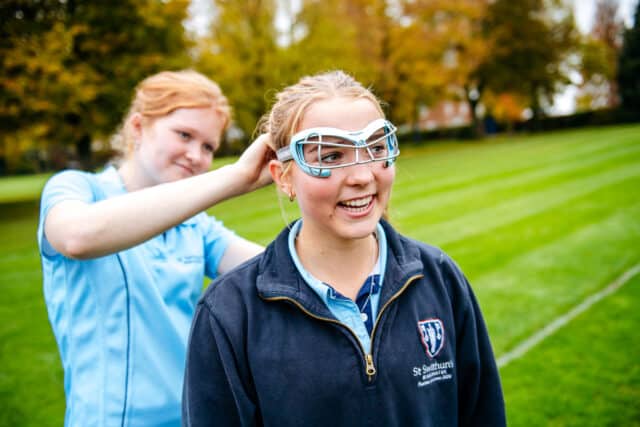 We wouldn’t claim that we have got everything right by any means. Although we know that it is important for good mental health for everyone to feel welcome and able to express themselves, we are still working hard on ensuring that this happens in practice. In addition to creating a range of opportunities to meet students beyond your immediate friendship group, we have begun to focus on diversity, equality and inclusion. We started with research on racial equity with the help of FLAIR, and we have moved on to a series of assemblies from our students that reflect different student profiles such as how it feels to have ADHD. These initiatives mean that our students are increasingly comfortable about being themselves and being open about things that might be troubling them.
We wouldn’t claim that we have got everything right by any means. Although we know that it is important for good mental health for everyone to feel welcome and able to express themselves, we are still working hard on ensuring that this happens in practice. In addition to creating a range of opportunities to meet students beyond your immediate friendship group, we have begun to focus on diversity, equality and inclusion. We started with research on racial equity with the help of FLAIR, and we have moved on to a series of assemblies from our students that reflect different student profiles such as how it feels to have ADHD. These initiatives mean that our students are increasingly comfortable about being themselves and being open about things that might be troubling them.
Thus our wellbeing programme is a blend of bespoke systems that we have created specifically for our context at St Swithun’s and more widely available resources. And like all schools we have a network of adults to listen, support and advise.
We are always keen to share our ideas and experience and to learn from others. Deputy head, Graham Yates, and school counsellor and clinical psychologist, Dr Helen O’Connor, have spoken at national conferences, shared our experiences with other schools, written articles and given advice to government. We also invite local schools to talks.
We know that no-one can function properly with poor mental health, and we also know that life has become more complex for young people. We want to give our students a sense of agency, the feeling that to a large degree, they are in charge of their destiny. We can’t stop difficult things happening to them, but we do try to act proactively to give them the skills and the attitudes so that they can respond appropriately and know where to go to access appropriate resources.
We want to end by emphasising that although we have tried many different ways of promoting good mental health, we still have much to learn. We are always keen to share ideas and experiences.
